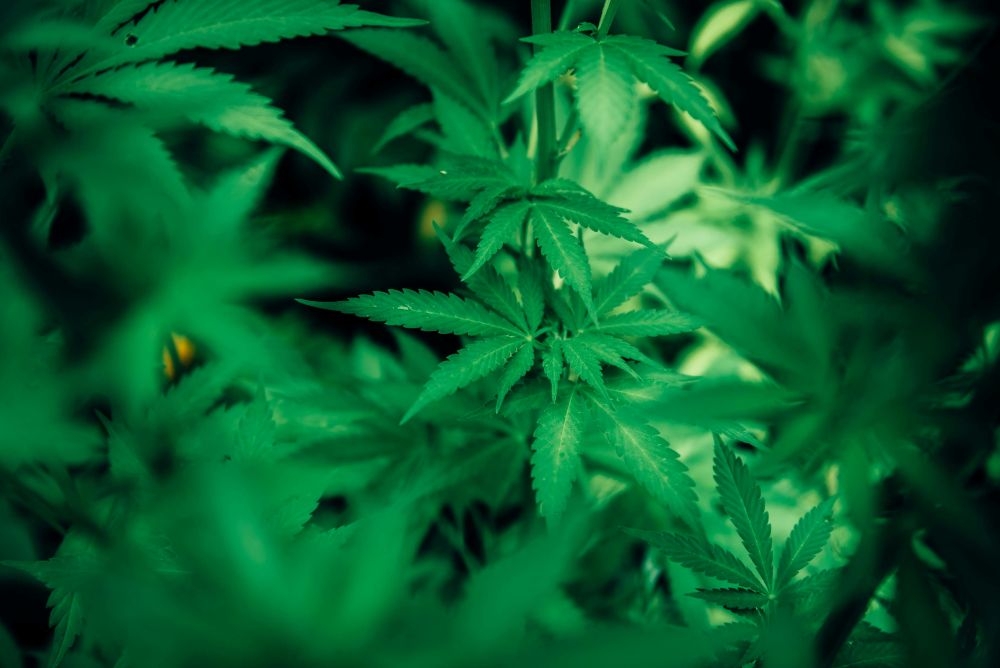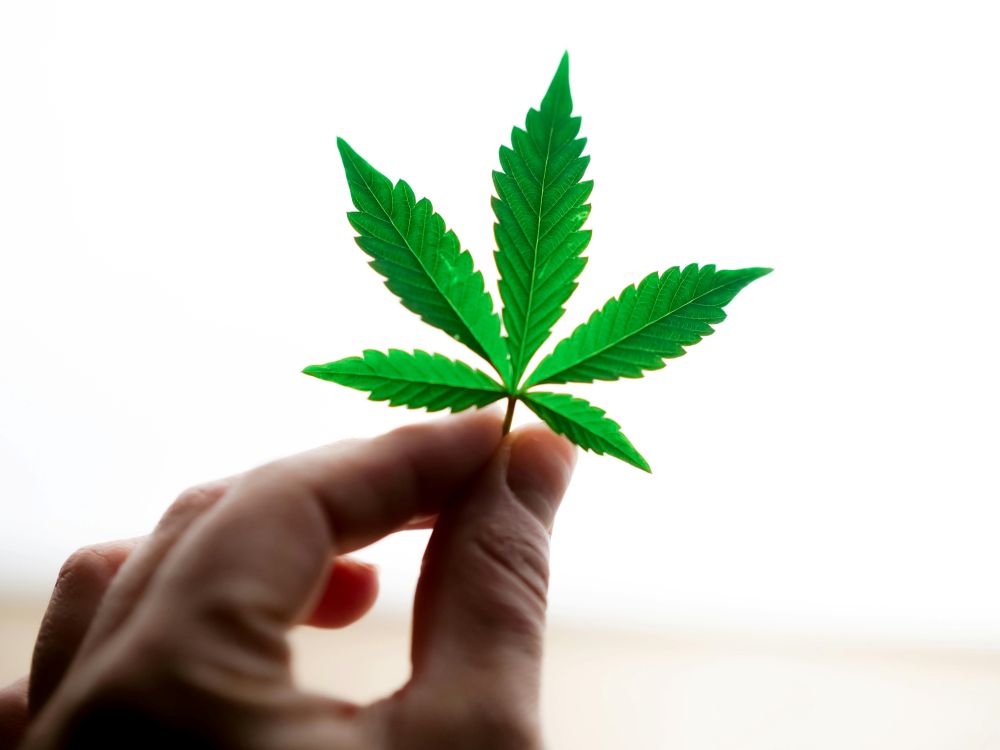Medical cannabis may ease recovery by reducing cravings and improving symptoms.
Some people in recovery from substance use are trying something new to help them stay on track: medical cannabis. A small study out of British Columbia looked into how cannabis might support recovery people living in sober living. These are places where people live for a while to get support as they work through addiction and try to get their lives back on track. The study followed a group of people in one of these homes who used cannabis under medical supervision. The goal was to see if it made a difference in their ability to stick with the program and manage day-to-day struggles like cravings, pain, sleep, and mental health.
For many of the people involved, cannabis didn’t just help them feel better—it helped them stay committed to the recovery process. Some said it eased their physical pain, which can be a major roadblock in early recovery. Others said it helped with anxiety or depression, which are often part of the picture when someone is trying to get clean. Sleep was another big one. Being able to rest can make everything else more manageable. When these basic needs were met, people were less likely to turn back to more dangerous drugs.
Another important takeaway from the study was the role of cravings. People trying to quit opioids or other substances often struggle with intense urges to use again. Several participants said cannabis helped reduce these cravings. That’s a big deal, especially in the first few months of recovery, when the risk of relapse is high.

But not everyone is on board with using cannabis to support recovery. Even though it’s legal in many places and recognized for medical use, there’s still a lot of judgment around it. Some people think it doesn’t belong in recovery settings at all. Staff at the recovery home shared that they had mixed feelings about it. Some didn’t feel confident in how to talk to residents about cannabis as a medical tool. Others were simply unsure if it was a good idea. This points to a need for more training and information, especially if more places are going to offer cannabis as part of a treatment plan.
The study’s authors said the early results were promising, but that more research is needed. A small group of people in one recovery home can’t tell the whole story. Still, the feedback from participants shows that cannabis, when used carefully and with medical oversight, might be a helpful option for some people. It’s not about replacing traditional therapy or other tools. It’s about adding one more option to the mix to support recovery.
There’s also hope that events like public forums and professional conferences will help reduce the stigma around cannabis. When people are able to talk openly about what works for them, it becomes easier for others to listen, learn, and understand. At the end of the day, recovery is not one-size-fits-all. What helps one person might not help the next. But if something like cannabis can help someone stay alive, stay in treatment, and feel a little more like themselves along the way, it’s worth taking seriously.
Sources:
Medical cannabis may help reduce cravings and improve recovery outcomes


Join the conversation!